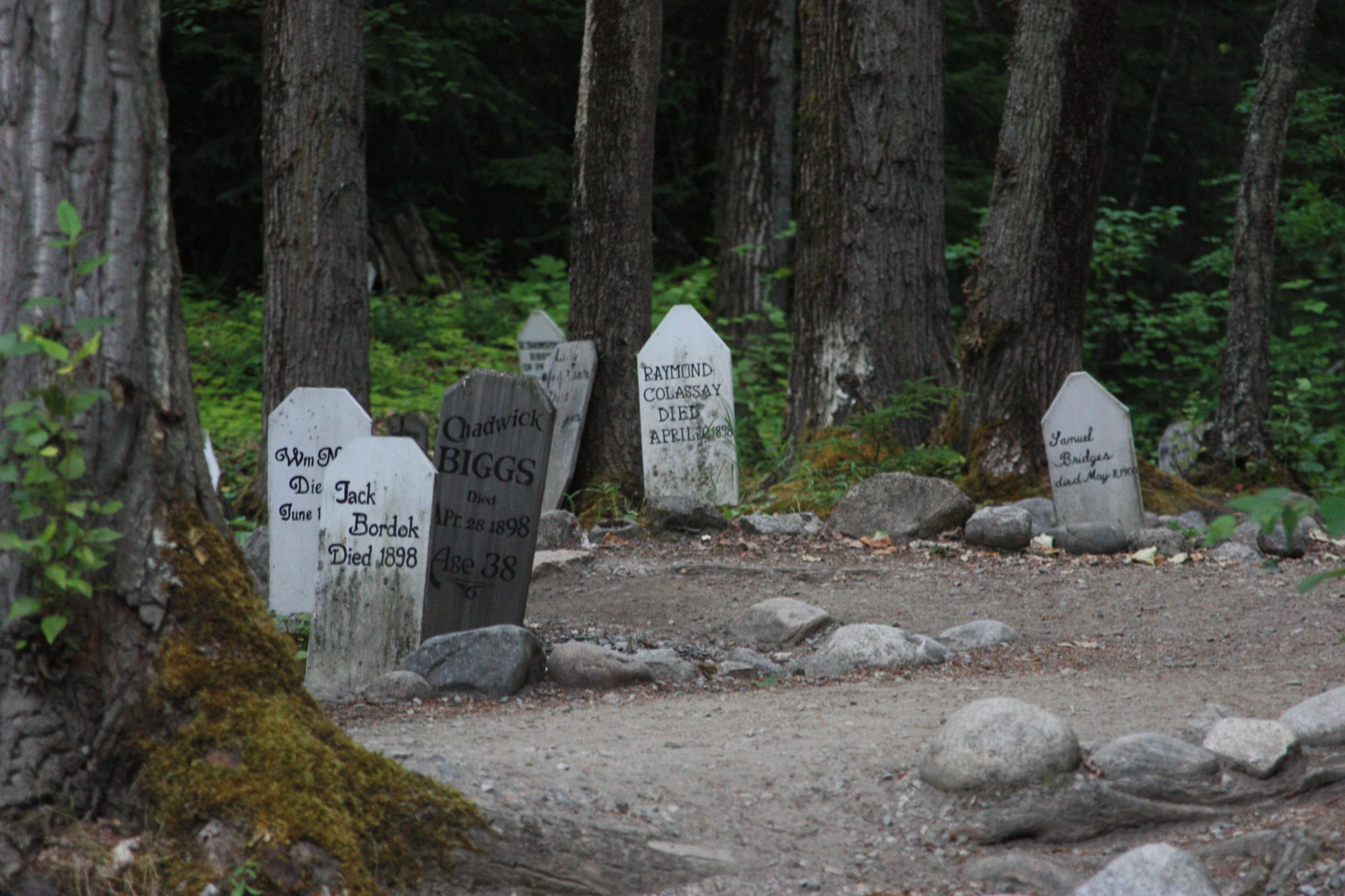
Ropata, son of a Maori chief, left his home and family in New Zealand to go to the Klondike. He was one of the group of Maori’s that several goldrushers encountered on the trail. His eloquent account to his wife appeared in the New Zealand newspaper soon after he wrote the letter on April 18, 1898.
Timaru Herald, Volume LX, Issue 2798, 30 August 1898 Page 3
A Maori’s Journey to Klondyke.
From Ropata H. Manihera, of the Papawai Pa, Wairarapa, writes as follows to his wife: Port Wrangell, Haines and Skagway April 1898.
“O, my Pine, greeting. Great is my love for you and the children. Our steamer reached this town on Tuesday. This is the place where we go to the interior. Our party numbers 150. Today we are busy packing our provisions on pack horses, and will finish the work to-morrow, and then make a start. One hundred horses are to do the work. At the summit they will be abandoned, it being too expensive to continue them to Lake Bennet. The charge to the summit is 4d a pound; to Lake Bennet, 8d. We can’t pay the latter, so we shall have to drag the sledges to the lake ourselves. There we must build boats.
“Pine, you can scarcely imagine the great expense of carriage of freight here. You pay the steamer, you pay Customs, you pay wharfage and the tax. Even now it has not stopped. It’s pay, pay, pay, all the time.
“The best plan is not to bring anything but to buy here . It would be less trouble. Goods get stolen. On our arrival here, we found many of our things had disappeared. The country is all frozen over, making the drawing of our sledges very much easier.
“Pine, lots of gold came to this place. Many pakehas have returned with fortunes. Others again, have made nothing. This is a great country – the greatest gold land in the world.
“People run short of food, and are obliged to come back to fetch more. Some run short of money, and cannot pay the taxes, and are obliged to give up. As gold is found close to this place, these are engaged digging round about here. Thought this field is not yet developed, yet the whole of both sides of the river has been pegged out.
“I can’t build a canoe here the trees being too low.
“We intend to go on until our destination at the gold land is reached, where I will write again to you. I am all right, my mates too, and do not mind the cold at nights. It is nice and warm in the daytime.
“the strength of the sun is 90 degrees and more. But the land is all wrapped in snow. A great number of women and children have gone on. Some of these went by road.
“It is all nonsense and talk by the newspapers in saying that Maoris won’t be able to stand the climate here. In my opinion the Maoris can bear the climate best.
“Scarcity of food is the only draw-back here. Why women and children survive here, most of whom are from Australia. The rivers are fortunately well stocked with fish; also there are plenty of ducks, geese, and other fowls.
“O Pine, greeting to you and your children and the people. Long life to you all, and me. Again I send greetings to you, O my Pine. We sailed from Vancouver on reaching this town today. This is a small town, Our steamer passed many small islands coming up.
“This a snow land. On our arrival we looked around on shore, where we found many women and children. This very day four of our shipmates were robbed of their money. This is a notorious place for murders, and very dangerous to be out at nights.
“There were murders just a little while before our arrival. Five mates on the march had a dispute on the road. They parted, two going one way and three the other. In the night, while they were asleep, they were attacked, killed, and robbed, their bodies being chopped up to bits with an axe.
“Some of our contingent have gone by the road leading from here to the goldfields, while the majority of us proceed on by the steamer to Skagway, and take that route. Our steamer leaves again for that place today, getting there some time to-night.
“That is a worse place. Many pakehas have lost their lives there. There’s no law here – you have too much there.
“On our way up we met two steamers full of people returning from there. Their advice is “Go Back; don’t go to the diggings; people going there must be very careful.’ They gave some awful accounts. I scarce know what I shall do on landing – whether to make for the fields and trust to fate, or what; and if death overtakes me, well there’s no help for it.
“O Pine, this my letter to you all, and my love. Take it and show it to the home folk at Papawai, that they may see it and my love.”
The portrait above is of Ropata’s father:
Te Manihera Te Rangi-taka-i-waho was a noted chief of Ngāti Kahukura-awhitia. He helped broker the first Pākehā settlers to the Wairarapa and went on to sign numerous land deals. He died at Papawai, near Greytown, in 1885.
Following the death of Manihera Rangitakaiwaho, his son, Ropata Heketa Manihera, his brother, Hoani Rangitakaiwaho, and Hoani Te Whatahoro Jury presented the portrait to the Government who gave it to the Dominion Museum.
Timaru Herald, August 30, 1898; Auckland Art Gallery.
